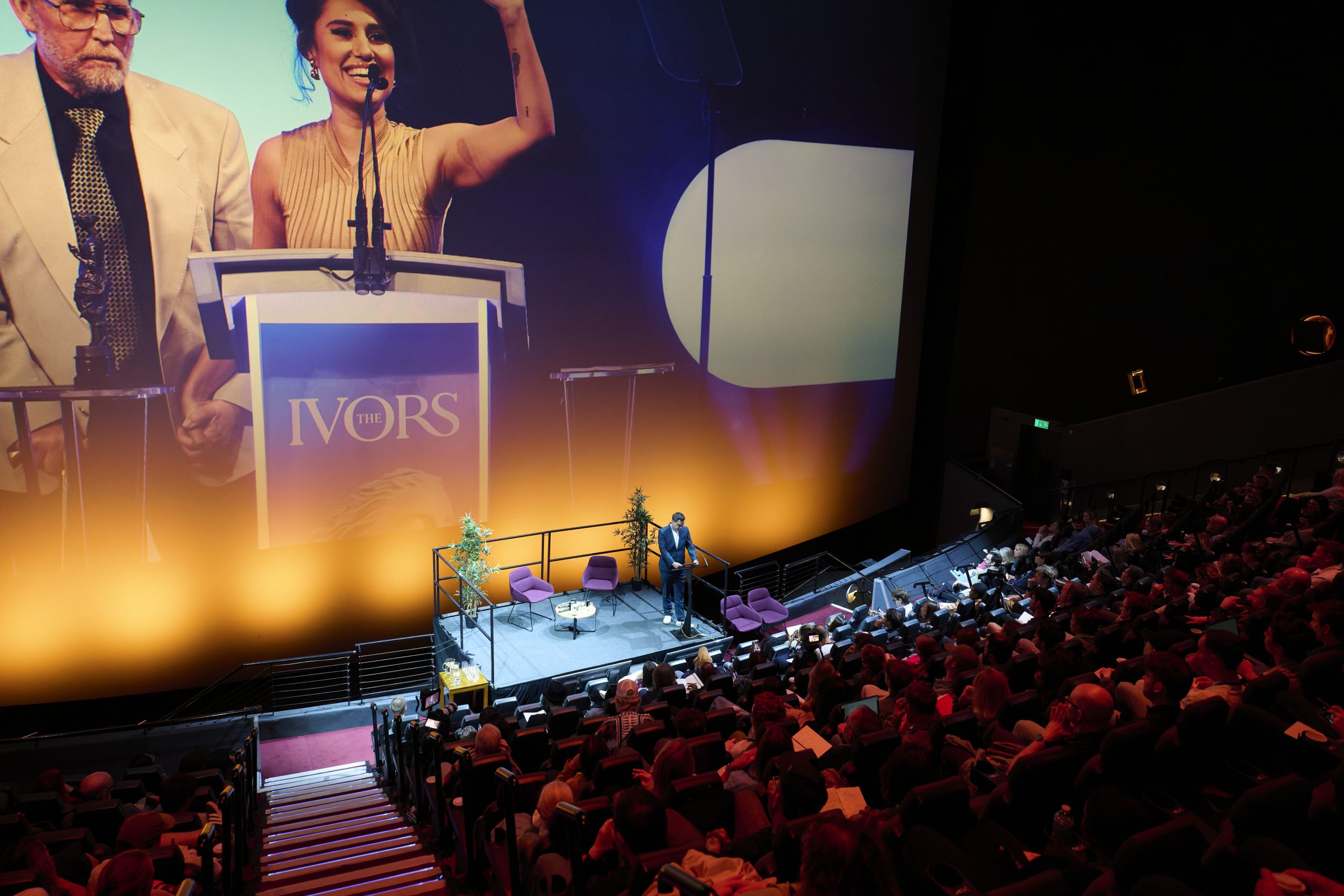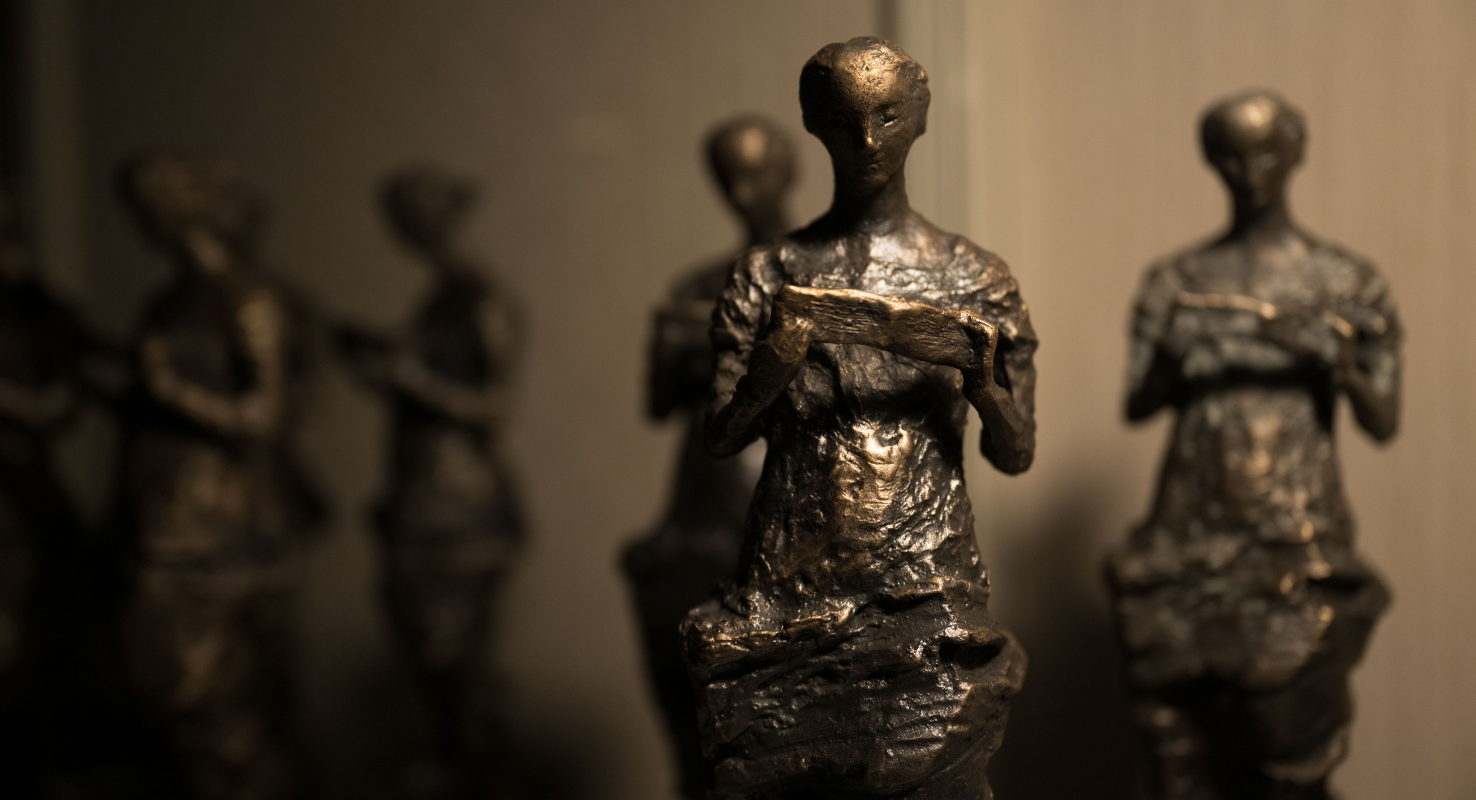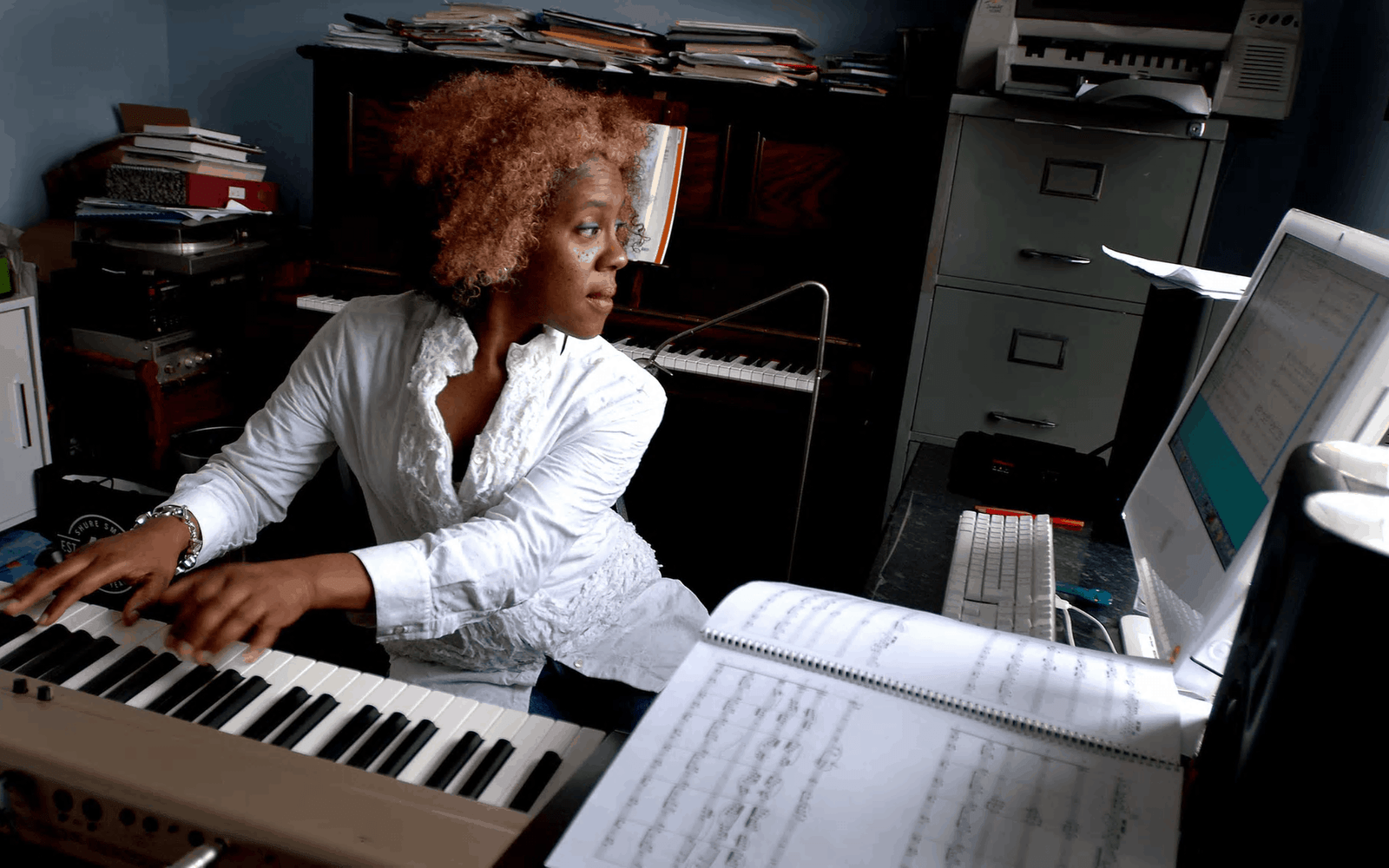Edited report below. For full report please download PDF.
A recent BASCA study has revealed the true extent of the problems surrounding diversity and equality in the classical music world. This new and exclusive research looks ay gender and ethnicity within the realms of classical music education and composition commissions.
About the Research
The research, conducted by Natalie Bleicher (BASCA’s Classical Co-ordinator), involved analysing data on commissioned works that were submitted to the 2015 British Composer Awards. This totaled 299 compositions, from orchestral works to brass band pieces. Data on the total number of commissioned works annually in the UK has never been collected. However, those submitted to the BCAs represent a significant percentage and include many of the most high profile compositions of the year.
Alongside this analysis, BASCA surveyed seven universities and conservatoires. Sound and Music about the participants at their Summer School and applicants to their professional development schemes.
The results have thrown up a wealth of brand new data and a fresh insight into:
- Exactly who is studying composition
- Who is qualifying at the highest level
- And who is going on to secure the most prestigious commissions.
More importantly, BASCA hopes it has created a foundation on which a more diverse approach to commissioning and education can be built.
Key findings
Ethnicity:
- 6% of commissioned composers are Black or Minority Ethnic (BAME), compared to 14% amongst the UK population
- That figure is exacerbated by the fact that just over half the commissioned composers are based in London, which has a BAME population of 30%
- Applicants to Sound and Music’s professional development schemes were 1% BAME, similar to the profile of the UK population, showing that the low proportion of BAME commissioned composers does not reflect the proportion of those aspiring to professional careers
- In the 50 plus range (an age group accounting for 38% of all commissioned works), less than 3% were BAME
Gender:
- 21% of commissioned composers are female, compared to 51% of the UK population and 36% of all composition students
- The percentage of women decreases at each level of study – 39% of Bachelor’s degrees are awarded to women, whereas 14% of PhDs are awarded to women
This is not a problem that will just ‘go away’ with the passing of time. The gender imbalance for work commissioned by composers in the 20-29 age group was actually higher than in the 50-59 and 60-69 age groups.
Education is key
BASCA’s research is part of a growing awareness of the issues and a willingness to campaign around them. Last year, for instance, a 17 year-old student, Jessy McCabe, noticed that Edexcel’s A-level music syllabus featured 63 male composers and not one female. In response to resistance from the exam board, she then launched a Change.org petition that attracted over 4,000 signatures and wrote to the education secretary, Nicky Morgan. This year, five female composers will be covered at A-level.
One of Edexcel’s initial arguments against McCabe’s suggestion was that “female composers were not prominent in the western classical tradition” and so “there are very few that could be included”. This is a point examined in a new book called Sounds and Sweet Airs: The Forgotten Women of Classical Music by Anna Beer. The book is a study of female composers and why their legacies are routinely written out of the history of classical music.
BASCA CEO Vick Bain explains that whilst this combination of direct action and cultural commentary does seem to be finally ramping up, her concerns have been building for a while.
“It is something we have long suspected is an issue. I first conducted equality and diversity research into the music industry back in 2011, when most people were still in denial. And then, when Natalie conducted further research in this area in 2013, she found that most commissioners did not have an equality and diversity policy, which was a strong indication that his was not being monitored or taken seriously.”
That’s an accusation that might still carry some weight, but BASCA is determined to move the conversation on. Their first step is to use this new research to try and gauge the extent and nature of the problem.
Bain continues: “39% of BA composition students are female, but only 21% of commissions go to women. It is even lower for orchestral commissions – only 7%. And then 39% of our British Composer Award winners have PhDs, so there is a clear correlation between high achievement in composition and advanced education.
“With only 14% of PhD composition students being female, we need to find out why that is and support and encourage more women to continue their higher education.”
Taking action
There’s a temptation to think that equality will ‘just happen’, or emerge as a by-product of society being more enlightened and more diverse. Instead, BASCA believes it is a process to be kick-started, pushed forward and championed by research, discussion, education and campaigning.
”The conversation is really just starting,” adds Bain. “We are planning a Diversity in Composition day with BBC Radio 3 in October, focusing on BAME composers and there will be more work with the Association of British Orchestras next year.”
Finally, in the spirit of leading by example, BASCA has already taken steps to encourage more diversity in the British Composer Awards. It has adjusted the demographics of the judging panel so that, in 2015, 50% were female and a significant percentage were from black or minority ethnic backgrounds. It also introduced an online entry system through which demographic data on the entrants can be gathered – the results of which are published in this research project.
In 2016, for the first time composers are able to nominate themselves rather than ask a peer to do it on their behalf. Peer nominations rely on a mixture of networking and overt self-promotion, which is at odds with a desire to gamer the widest spread of entries. Also, for the first time, in most categories the entrants will be judged anonymously, reducing the possibility of unconscious bias.
Read the full research project at tinyurl.com/hsuvh8w
Article first featured in The Works [2016]




